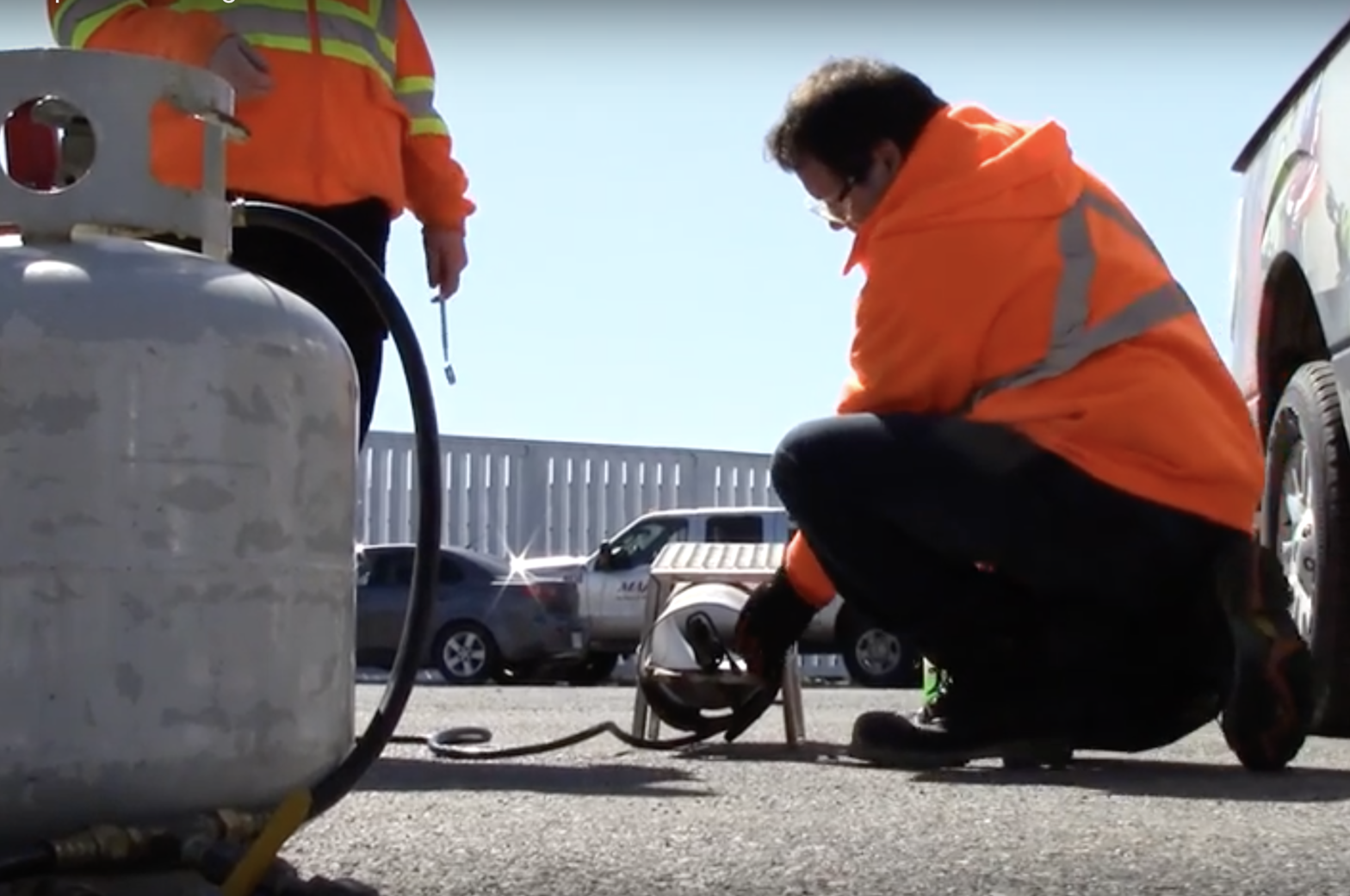Compliance, risk management, and liability mitigation are the top concerns for propane businesses. With strict regulations governing safety and transportation of hazardous materials, companies must adopt comprehensive strategies to protect themselves and their stakeholders. However, manual documentation processes can often be cumbersome, prone to errors, and may not provide the necessary level of detail to… Continue reading Mitigating Risk and Liability with Digital Documentation
Compliance, risk management, and liability mitigation are the top concerns for propane businesses. With strict regulations governing safety and transportation of hazardous materials, companies must adopt comprehensive strategies to protect themselves and their stakeholders. However, manual documentation processes can often be cumbersome, prone to errors, and may not provide the necessary level of detail to satisfy regulatory requirements. Enter digital documentation solutions – a game-changer in the quest for propane compliance and risk reduction.
Propane businesses face multifaceted challenges when it comes to compliance. From adhering to National Fire Protection Association (NFPA) standards to complying with federal regulations such as the Code of Federal Regulations (CFR) and Federal Motor Carrier Safety Regulations (FMCSR), the landscape is complex and ever-evolving. Failure to meet these standards can result in severe penalties, legal liabilities, and reputational damage.
One of the key areas where propane businesses often struggle is in maintaining accurate and up-to-date documentation. This includes customer records, driver files, vehicle maintenance logs, and safety meeting minutes, among others. Manual record-keeping processes are not only time-consuming but also prone to errors and inconsistencies. Moreover, in the event of an audit or an incident, retrieving relevant documentation can be a daunting task, leading to delays and potential compliance issues.
Digital documentation solutions offer a comprehensive remedy to these challenges. By leveraging technology such as mobile applications and cloud-based platforms, propane businesses can streamline their documentation processes, ensure data accuracy, and enhance compliance readiness. These solutions allow for real-time data capture, automated record-keeping, and seamless integration with existing systems, providing businesses with a centralized repository of information that is easily accessible and auditable.
Moreover, digital documentation solutions offer built-in features that enhance risk management and liability mitigation. For example, GPS tracking and geotagging functionalities enable businesses to monitor the location and movement of propane assets in real-time, reducing the risk of theft or unauthorized access. Time-stamped photo documentation provides visual evidence of compliance activities, offering added protection in the event of disputes or legal claims.
In addition to improving compliance and reducing risk, digital documentation solutions can also deliver significant cost savings and operational efficiencies for propane businesses. By automating manual tasks and reducing paperwork, businesses can allocate resources more effectively, streamline workflows, and improve overall productivity.
In addition to improving compliance and reducing risk, digital documentation solutions can also deliver significant cost savings and operational efficiencies for propane businesses. By automating manual tasks and reducing paperwork, businesses can allocate resources more effectively, streamline workflows, and improve overall productivity.
For businesses seeking comprehensive support in propane compliance and safety management, PropaneSafetyPro.com offers a suite of services tailored to their needs, from developing emergency action plans to establishing policies and procedures and crafting a robust security plan. Moreover, their safety training programs ensure that employees are well-equipped with the knowledge and skills necessary to uphold safety standards and regulatory requirements.
To further enhance these initiatives, companies are using the Propane Safety App, a powerful digital tool designed to streamline documentation, compliance tracking, and risk reduction. With features such as real-time data capture, GPS tracking, and time-stamped photo documentation, the Propane Safety App provides businesses with a comprehensive solution for managing their compliance and safety needs.
The adoption of digital documentation solutions represents a transformative opportunity for propane businesses to enhance compliance, mitigate risk, and protect against liability. By embracing technology-driven approaches to documentation management, businesses can navigate the complexities of regulatory compliance with confidence, while driving operational excellence and ensuring the safety and security of their operations.



